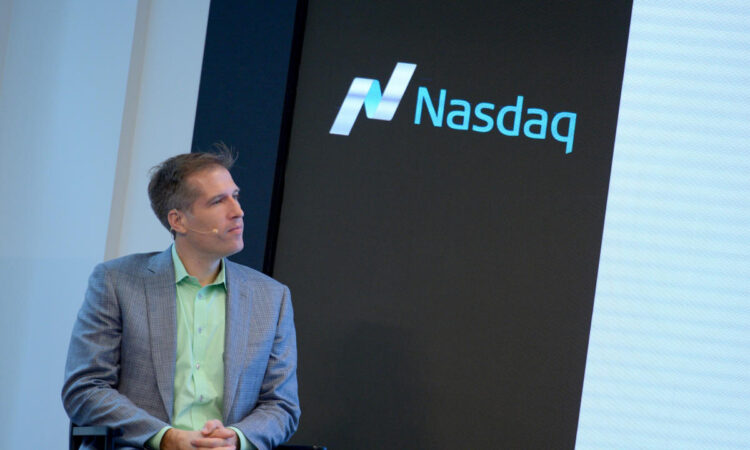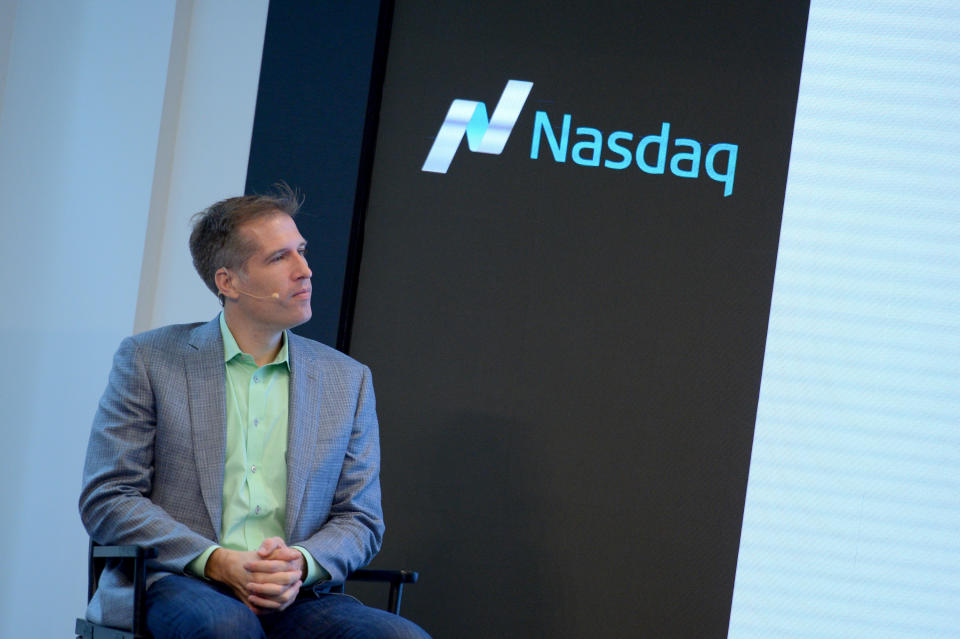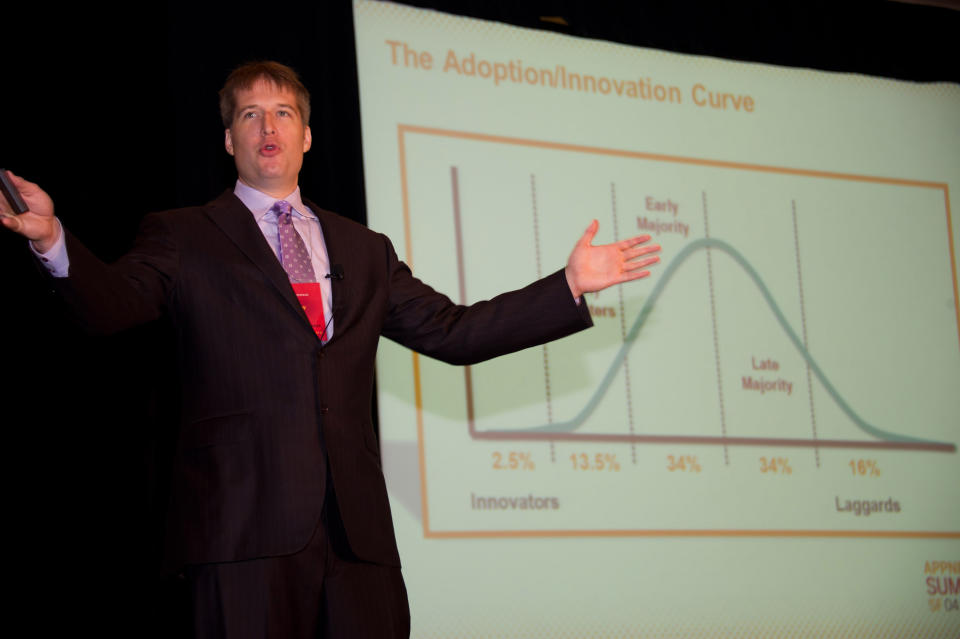

Brian O’Kelley is co-founder and CEO of sustainability start-up Scope3. A serial entrepreneur, technologist, and angel investor, O’Kelley co-founded the advertising programming company AppNexus in 2007 and was the company’s CEO and chairman through its $1.6bn (£1.3bn) sale to AT&T in 2018.
Previously he was CTO of Right Media (later sold to Yahoo! in 2007 for $850m), where he invented the online advertising exchange.
I graduated from college in 1999 in the dotcom era and somehow was able to raise millions for a start-up. The day after graduation, I flew to LA and hired seven of my old classmates and launched the company. I was then the CEO of a 30-strong company and the youngest in the business.
Six weeks later we gave away a car, sponsored a big music festival and had spent all our money with 1,000 people coming to our website. We went to our biggest investor and convinced her to give us a couple of hundred thousand dollars. When we got back to LA, my two partners fired me. They said it was my fault we ran out of money. I was sacked after weeks on the job.
Read More: My first boss: John Ridd, co-founder of cloud sustainability start-up Greenpixie
One of our advisers from Princeton College, Alan Crowther, offered me a job at his new company having left Anderson Consulting. I had been telling him along the way all the things I had struggled with as a first-time founder. I was making basic mistakes and Alan told me he would teach me everything he had learnt in 10 years at Anderson; how to hire people, develop talent and run projects. I joined his start-up consulting company – LogicSpan – and he was my first legitimate boss.
It was an incredible experience from a scrappy dotcom founder to managing an American Express account and being able to operate and do business with the biggest companies in the world.
In his thirties, Alan looked like one of the main characters from Family Guy. Because he was an entrepreneur and from a traditional consulting background, he had a fascination in how to get big ideas into the world. The big thing was personalisation. In a perfect world, if you called up AmEx, they could tell you in real time if you wanted to upgrade by looking at a customer’s account. The power of technology to personalise on the internet came from Alan’s vision.
I‘m an immersive learner. I remember shadowing Alan in meetings and watching him with clients. One time, I told a CTO that he was wrong in front of his team and he phoned up Alan to get me off the account. Alan told me that it doesn’t matter if he is right or wrong, you tell him after the meeting and gently nudge him to get there. I told him that it was a waste of time.

The client was so annoyed that he paid everyone else on the team 10% more, but said, ‘You can’t bill me for Brian O’Kelley’. The bill was the same but he was so mad that he made me work for free.
Alan didn’t fire me but I had to learn. Influencing people, politics and emotions are so central to success in the business world and his was a classic case of mentorship.
We were actively out on campuses trying to recruit. Without any CVs, it was a case of working out behavioural interviews, with the right skillset and outlook. There was a whole process for finding self-starters. But in 2001, we had to rescind offers for graduates as the dotcom bubble burst. I was angry as I felt we had betrayed these kids.
Alan’s solution to the crisis was to sell out and I left to join a consulting firm. He would be unsurprised today that the same kind of brash, principled person has had conflicts over the years and had to learn a great deal about being a leader.
A few years later, there was a basic question of how to choose which ad to serve someone. The state of the art then was to rate ads. I thought ‘why can’t we do this in real time?’ I built a little prediction engine and we had to decide which ad wins. I guess if I am the father of programmatic advertising, then Alan should be the grandfather.
Watch: Brian O’Kelley on the big money of online advertising
Around $100bn of ads were served programmatically in 2022. Like a lot of industries that grow fast, there are problems like privacy, funding of misinformation and sustainability, while auctioning ads in real time creates a lot of computing power.
Ads will be around for a long time, but we need a different tech stack and way of thinking. Scope 3 measures the sustainability impact of different ways of doing advertising to push towards the most efficient ones.
Read More: My first boss: Chris Sheldrick, what3words co-founder and CEO
We all think digital has low emissions over print. But $1,000 spent on Facebook ads generates more carbon than the same spent in a print newspaper. If you do the full life cycle analysis, it’s pretty shocking that all these serve to create so much carbon dioxide.
There was a report last year that West London couldn’t build new houses as all the data centres were taking up the capacity of the grid. Who would have thought that using the likes of Facebook was stopping us from solving our housing problems?
We have a short period of time to solve our climate issues. We need to use all our resources on the hard issues, not easy ones. We can fix it quickly when it comes to digital advertising emissions. It’s definitely a movement and not just some crazy entrepreneur with a big idea.
Watch: Why do we still have a gender pay gap?






